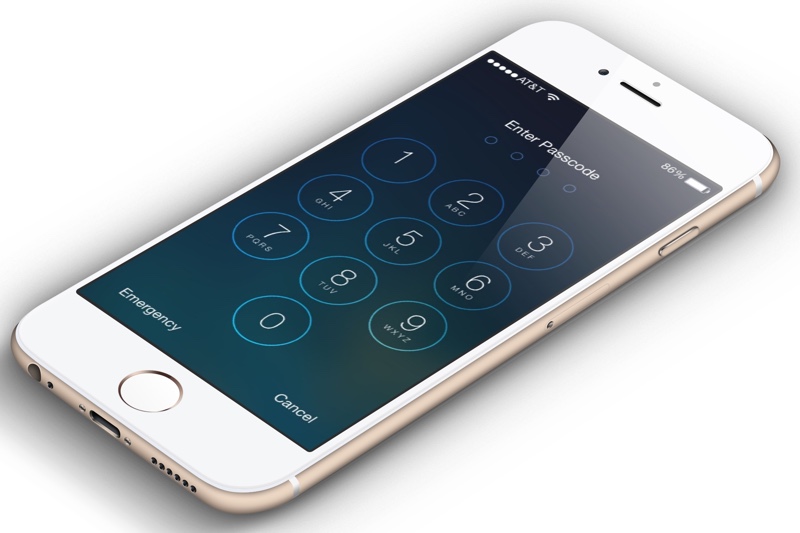United States Attorney General William Barr on Monday asked Apple to help unlock the iPhones used in the mass shooting last month at a naval air station in Pensacola, Florida.
The New York Times reports the request comes in the wake of the shooting being declared an act of terrorism. Last week, it was reported that the FBI had sent a letter to Apple asking for aid in accessing data on the two iPhones used by shooter Mohammed Saeed Alshamrani.
Apple has already provided to law enforcement officials information from Alshamrani’s iCloud account, but the two iPhones used by the shooter are protected using a passcode and one is also damaged by gunfire.
Apple has faced similar situations with the FBI, perhaps the most notable in recent years was back in 2016, then a U.S. federal judge ordered the company to help the FBI unlock an iPhone owned by Syed Farook, one of the shooters in the December 2015 attacks in San Bernardino, California.
Apple opposed the order, saying it would set a “dangerous precedent,” with security risks. The Department of Justice eventually dropped the case against Apple, as the FBI used a third-party to help unlock Farook’s iPhone.
The Justice Department says it needs access to Alshamrani’s iPhones to see messages from encrypted messaging apps to find out if Alshamrani discussed his plans or had help.
UPDATE: 7:00 a.m. CST – Apple has responded to the Attorney General’s comments in a lengthy statement. The company outlines the assistance it has and continues to provide to the FBI, as well as its continued opposition to providing encryption backdoors to its devices:
We were devastated to learn of the tragic terrorist attack on members of the US armed services at the Naval Air Station in Pensacola, Florida on December 6th. We have the greatest respect for law enforcement and routinely work with police across the country on their investigations. When law enforcement requests our assistance, our teams work around the clock to provide them with the information we have.
We reject the characterization that Apple has not provided substantive assistance in the Pensacola investigation. Our responses to their many requests since the attack have been timely, thorough and are ongoing.
Within hours of the FBI’s first request on December 6th, we produced a wide variety of information associated with the investigation. From December 7th through the 14th, we received six additional legal requests and in response provided information including iCloud backups, account information and transactional data for multiple accounts.
We responded to each request promptly, often within hours, sharing information with FBI offices in Jacksonville, Pensacola and New York. The queries resulted in many gigabytes of information that we turned over to investigators. In every instance, we responded with all of the information that we had.
The FBI only notified us on January 6th that they needed additional assistance — a month after the attack occurred. Only then did we learn about the existence of a second iPhone associated with the investigation and the FBI’s inability to access either iPhone. It was not until January 8th that we received a subpoena for information related to the second iPhone, which we responded to within hours. Early outreach is critical to accessing information and finding additional options.
We are continuing to work with the FBI, and our engineering teams recently had a call to provide additional technical assistance. Apple has great respect for the Bureau’s work, and we will work tirelessly to help them investigate this tragic attack on our nation.
We have always maintained there is no such thing as a backdoor just for the good guys. Backdoors can also be exploited by those who threaten our national security and the data security of our customers. Today, law enforcement has access to more data than ever before in history, so Americans do not have to choose between weakening encryption and solving investigations. We feel strongly encryption is vital to protecting our country and our users’ data.
(Apple’s Statement via Input)


